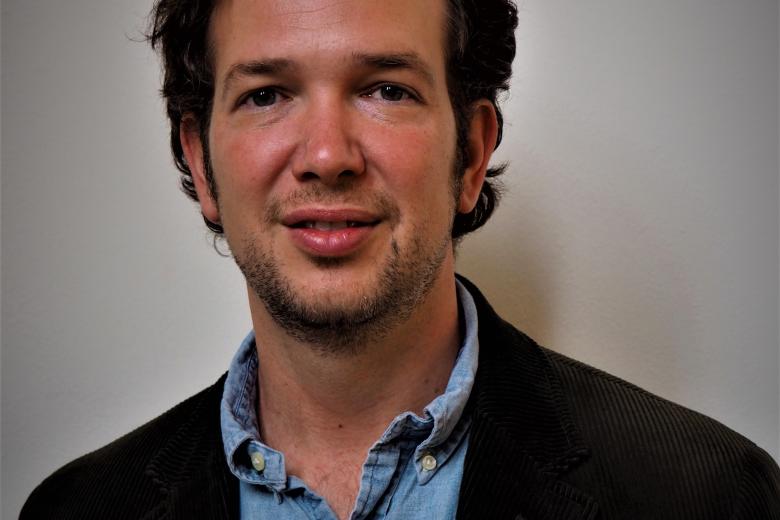From Mayors to Sheriffs: How the Netherlands is Fighting Organised Crime (and Germany is Taking Notes)
The administrative approach to organised crime has redefined local governance in the Netherlands, where mayors wield powerful tools to disrupt illicit networks. As Germany begins to experiment with similar strategies, comparative insights become essential.
In recent years, the Netherlands has pioneered a pragmatic strategy for countering organised crime — one that places administrative law and local governance at the centre. Rather than relying solely on criminal investigations and prosecutions, Dutch authorities have increasingly embraced an "administrative approach," enabling municipal leaders to intervene directly when criminal infiltration into the legal economy is suspected.
At the heart of this approach lies the BIBOB Act, which allows authorities to screen applicants for permits, subsidies, or contracts. If there is a serious risk that such decisions would facilitate criminal activities — for instance, by allowing drug-related businesses to operate under a legal guise — the application can be denied or revoked. Mayors play a pivotal role in this process, empowered to close down properties used for drug production or distribution, even before a criminal conviction is obtained. These measures, though controversial, are designed to increase the costs and risks for criminal entrepreneurs attempting to operate in the open economy.
Meanwhile, Germany has begun to explore similar policies — albeit cautiously. Despite clear indications that transnational criminal groups operate seamlessly across the Dutch-German border, the implementation of administrative crime-fighting tools in Germany faces significant structural and legal obstacles. The federal nature of governance, strict data protection laws, and the enduring influence of the legality principle (which mandates prosecution for all known crimes) constrain the flexibility of German authorities.
Nonetheless, several Länder (states of Germany) have launched pilot initiatives aiming to replicate aspects of the Dutch model. Multidisciplinary task forces have been established in regions such as North Rhine-Westphalia and Berlin to increase information-sharing and enable coordinated administrative action. However, unlike in the Netherlands, German mayors remain more limited in scope and authority when it comes to proactively addressing organised crime.
This comparative shift toward administrative disruption reflects a broader trend at the EU level. While critics warn of potential overreach and legal uncertainty, proponents emphasise the need for innovative tools to address the evolving nature of organised crime.
As the German system continues to adapt, lessons from the Dutch experience highlight both the opportunities and challenges of integrating administrative governance into crime control strategies. Effective responses to organised crime will increasingly depend on inter-agency cooperation, flexible legal instruments, and a shared understanding of crime prevention that transcends traditional disciplinary boundaries.
Read more
Read an in depth analysis of this issue in the latest publication by me (Robin Hofmann) and Marco Wolter: ‘A New Sheriff in Town?’ A Legal Comparative Analysis of the Administrative Approach to Fighting Organized Crime in the Netherlands and Germany. (2025) Global Journal of Comparative Law, 14(1), 22-47. https://doi.org/10.1163/2211906X-14010002
R. Hofmann
Dr. Robin Hofmann is an assistant professor for criminal law and criminology at Maastricht University. He coordinates and teaches the Master course Criminalistics and Forensic DNA. His research interests are in organized crime, drug policies and cross-border cooperation between law enforcement agencies. He has conducted several EU research projects, among others in Kosovo and with prosecutors from Germany, The Netherlands and Belgium on prisoner transfers.

-
How Germany Almost Legalized Cannabis
The 1st of April 2024 marks the day when Germany adopted the most progressive legal approach to cannabis in Europe. While for the Dutch, this may sound like an April’s fool prank, it is far from it: The new German CanG (Cannabis Law) regulates the consumption, possession, and supply of the soft drug...

-
European Day for the Victims of Crime
On February 22, it's the 'European Day of the Victim'. On this day, various organizations at home and abroad pay attention to victims of criminal offenses. For example, Victim Support Europe organizes a symposium in Brussels titled 'Leave No Victim Behind: Victims' Rights and the Sustainable...

-
The Cannabis Dilemma – Is the legalisation of cannabis in Europe possible?
Germany has elected a new government. One of the legal reforms coalition of Social democrats, the Green party and the free liberals want to put on the tracks is the legalization of cannabis. From a criminological point of view, this is the right decision.
